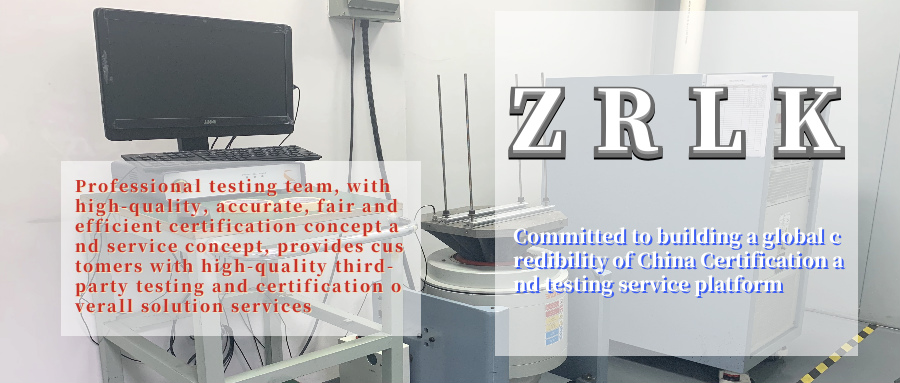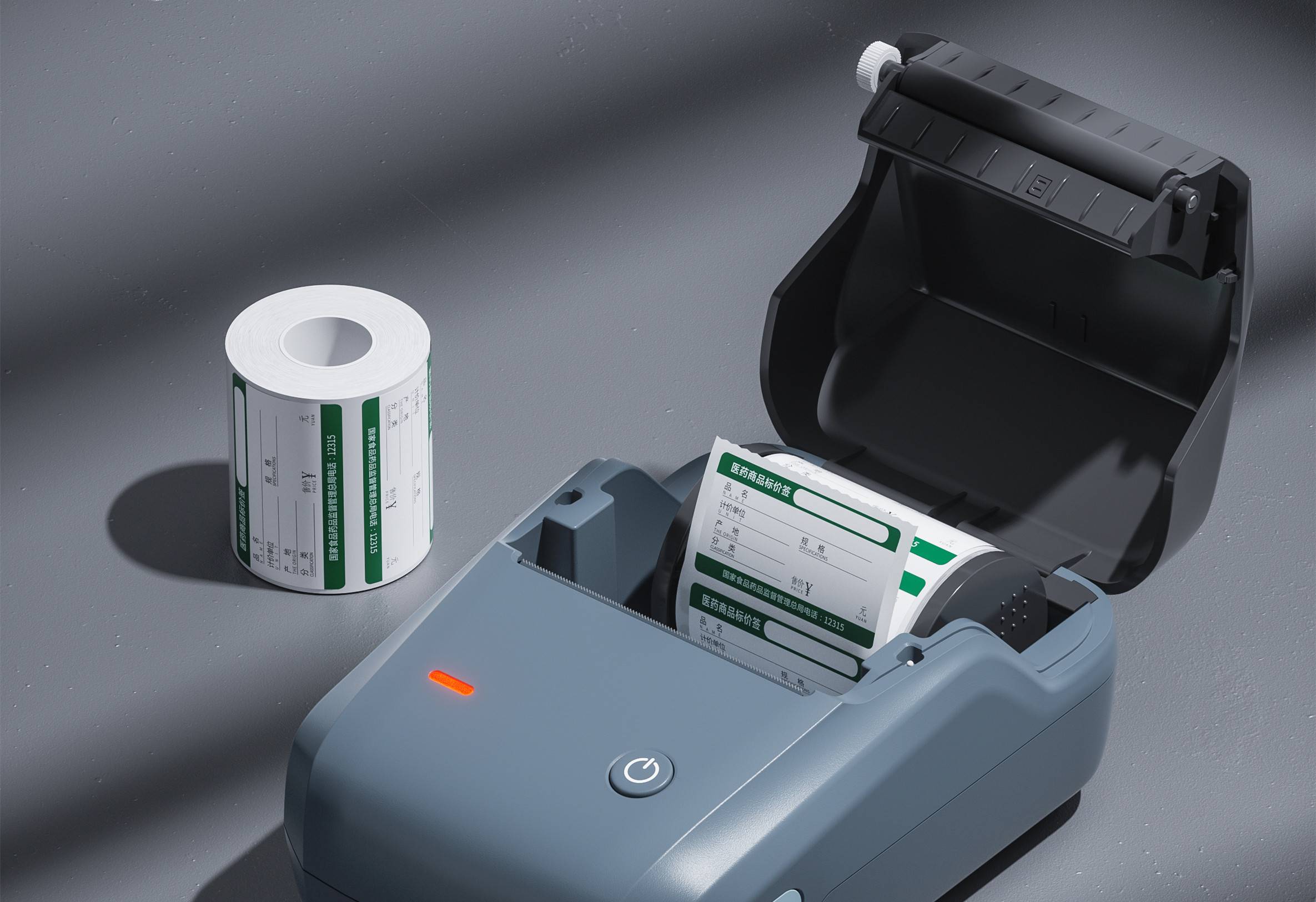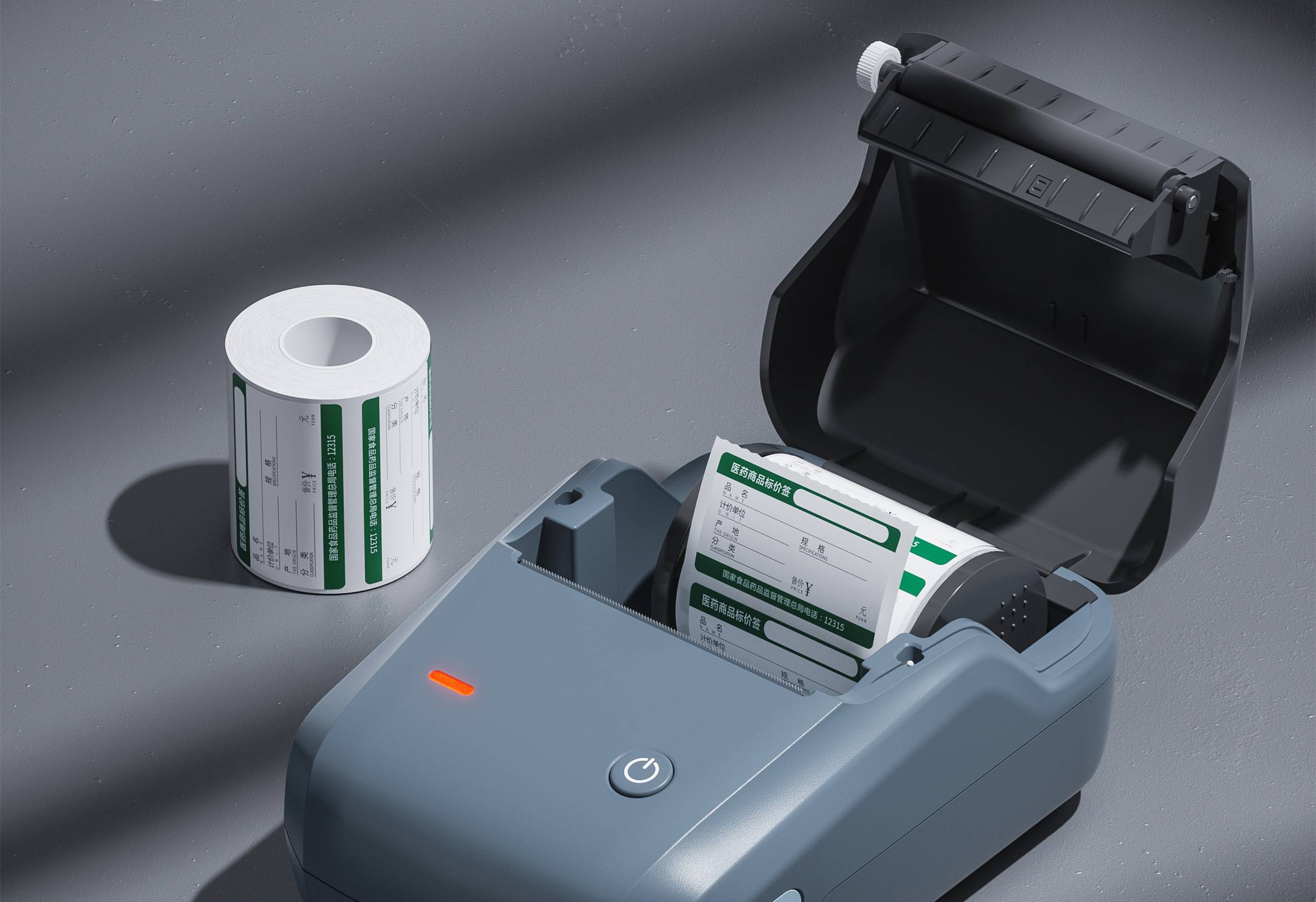
Certification introduction
The cTUVus verification mark provides customers with a clear and direct method in product safety, so that their products can successfully enter the US and Canadian markets. North America, Germany, and Rhine have been registered and can perform US ANSI / UL standards and Canadian national standard verification and product testing services.

Technical Information
Frequency: 60Hz Voltage: Single-phase 120V (used in the United States and Canada, measuring between fire and ground wires, providing 15 or 20A protection lines); 240V (measured between water and fire wires, generally available)
Voltage: three-phase 208 / 240V
Plug structure: The United States and Canada use NEMA 5-15P and 6-15P plug standards. These straight blade plugs from the United States are clearly described in the NEMA (National Electronic Manufacturers Association) WD6 edition and incorporated into UL498. Canadian plug and socket standards are mentioned in CSA publication C22.2, No. 42.
Applicable product range
The authorized projects of Rein in Germany include: office equipment, information technology, business machines, audio-visual equipment, home appliances, laboratory equipment, medical equipment, test and measurement devices, and control equipment.
The US-Canada certification mark of Rhein in Germany is at the same level as other US NRTL (like UL, CSA, etc.). As far as the US and Canada markets are concerned, only Germany Rhein has the ability to test and verify products.
Rheinland issued a TUVus verification mark to products in the U.S. market
Rheinland issued a cTUV verification mark for products in the Canadian market
When the TUVus and cTUV logos are used together, customers can mark a single logo cTUVus on the product, which can prove that the product meets the requirements of the two markets of the United States and Canada.
UL, ETL and cTUVus certification comparison
Project | UL | cTUVus | ETL |
Use standard | UL2054; UL1642; UL61558; UL62368 (UL6095 and UL60065 combined standards), etc. | ||
Certification qualification accreditation body | US NRTL (Nationally Recognized Laboratory) and Canadian Standards Agency SCC | ||
Certification market | North America (United States and Canada) | ||
Certification and testing institutions | UL Meihua Lab tested and issued a letter of conclusion | ZRLK test TUV certification
| ZRLK test ITS certification
|
Application time reference | 5-12 weeks | 2-3 weeks | 2-3 weeks |
Application fee | More expensive than the three | Fee comparison | Fee comparison |
Advantage | Native American agency with the highest recognition | International certification body, authoritative and not expensive, also recognized by the US NRTL | Native American institution with high recognition |
Disadvantage | Because it is an old institution, testing, factory inspection and file fees are the highest, and the cycle is longer | North American market brand awareness is slightly lower than UL | In the North American market, the popularity is slightly lower than UL |
Factory inspection
TUVus' factory inspection is four times a year, and cTUV is twice a year. If both are applied, the factory inspection is four times per year. This factory inspection can be combined with other certificates, such as TUV / GS, Japan S-Mark or Argentina S-Mark.
other
Certification cycle
Time for review: 4 weeks after all documents are provided

Label printers entering the Brazilian market, ANATEL certification is an essential passport! It is the recognition of the Brazilian Telecommunications Authority for the safety and compliance of electronic products, without which products cannot be legally sold.

SRRC certification is not only a guarantee of product compliance, but also a key to opening up the market.

FCC ID certification is a mandatory certification for electronic products by the Federal Communications Commission (FCC) in the United States, and it is essential for label printers to obtain this certification.
The cTUVus verification mark provides customers with a clear and direct method in product safety, so that their products can successfully enter the US and Canadian markets. North America, Germany, and Rhine have been registered and can perform US ANSI / UL standards and Canadian national standard verification and product testing services.
Get a quote